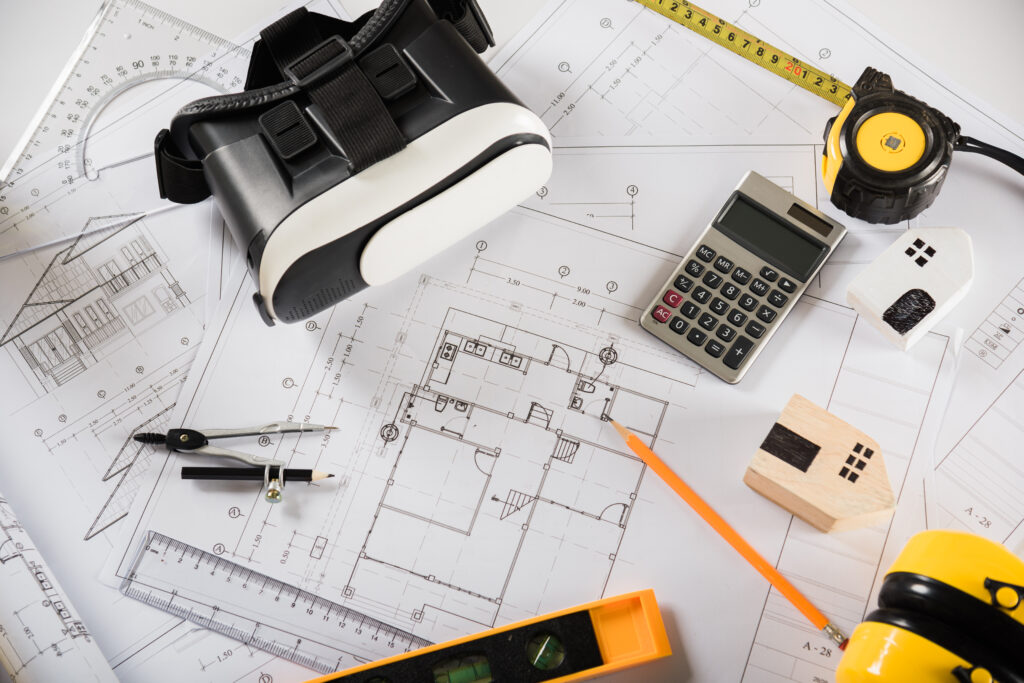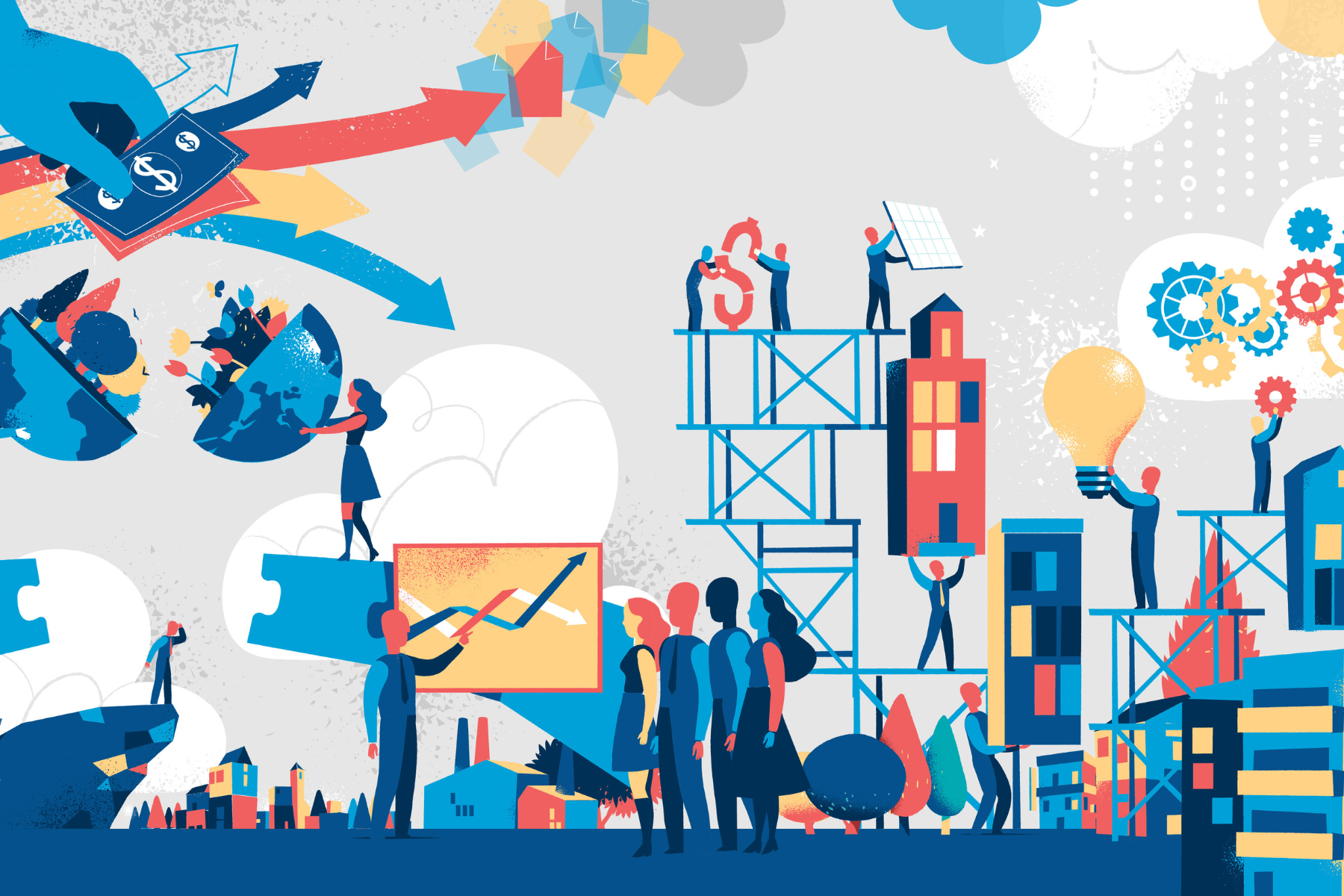The construction industry, which has always been a pillar of urban development and transformation, is going through a phase of change unprecedented. Economic challenges, geopolitical tensions, labor shortages and environmental issues are shaping its path. However, in the shadows of these difficulties, six key trends are emerging that are shaping the future of the global construction industry.
1. Macroeconomic dynamics: navigating the waves of uncertainty
The construction sector faces headwinds from slowing economic growth due to high inflation and restrictive financial conditions. The forecast of modest growth in 2023 and a possible uptick in 2024 indicate the need for a thorough understanding of the dynamics of theeconomy as a whole. Investment in development and energy sectors appears to be the key levers to stimulate growth, aiming for robust development between 2025 and 2027.
2. Technological advances: the digital revolution in construction
In an industry usually cautious about the adoption of new technologies, a shift is taking place. The need to improve productivity drives the adoption of innovative technologies, with Building Information Modeling (BIM) becoming a key requirement for contract security. The construction industry is embracing digital innovation to meet challenges and redefine traditional processes.
3. Modern construction methods: prefabrication and modularity
Prefabrication and modular techniques are emerging as innovative solutions, promoting reduced construction time, quality control and cost efficiency. However, logistical challenges, such as transporting bulky modules, requirecareful planning. These modern construction methods are shaping a future in which flexibility combines withefficiency to overcome challenges in architecture and logistics.
4. Sustainable construction: green impact in the construction industry
In an era of increasing environmental awareness, sustainability is at the heart of the future of construction. Theadoption of energy-efficientmaterials and renewable energy systems is seen not only as an ethical necessity but also as a competitive advantage. However, the path to sustainable construction is fraught with challenges. Some of these are: process complexity emerging as an obstacle to be overcome by monitoring, or data collection and evaluation.
5. Smart and connected infrastructure: the future of smart cities
The“smart city” concept is driving the development of smart and connected infrastructure. The integration of Internet of Things (IoT) technologies, data analytics and artificial intelligence (AI) is expected to improve resource management in particular. But also benefiting is predictive maintenance and occupantexperience. Sensors embedded in infrastructure components enable real-time data collection, facilitating continuous monitoring and proactive maintenance for safer and more reliable facilities.
6. Skilled workforce and digital transformation: attracting and retaining talent
In a hyper-competitive corporate landscape, the struggle to attract and retain talent is a reality across several industries, including the construction industry. The need for a skilled and specialized workforce is urgent.
For this reason, it is important to push the industry toward theadoption of emerging technologies. Technologies such as Virtual Reality (VR) and Augmented Reality (AR) for worksite training and safety. A culture of continuous learning andadaptability have become the keys to preparing a future-ready workforce.

The way to the future of construction
The global construction industry is undergoing a revolutionary transformation. We are in a context of population growth and societal demands geared toward smarter and more sustainable infrastructure and buildings. Therefore, the adoption of digital technologies, innovative construction methods and sustainable practices is shaping the industry.
The intelligent use of data and technology will enable professionals to create a future in which construction is synonymous with development and economic growth on a global scale. The path is set for a more efficient, eco-friendly and adaptable construction industry ready to meet the changing demands of contemporary society.

Our experiences in design, construction, and maintenance have led us to acquire specific skills in these areas, as well as to develop a working method to optimize resources and client demands.
Click
here
and find out what we can do for your business!





